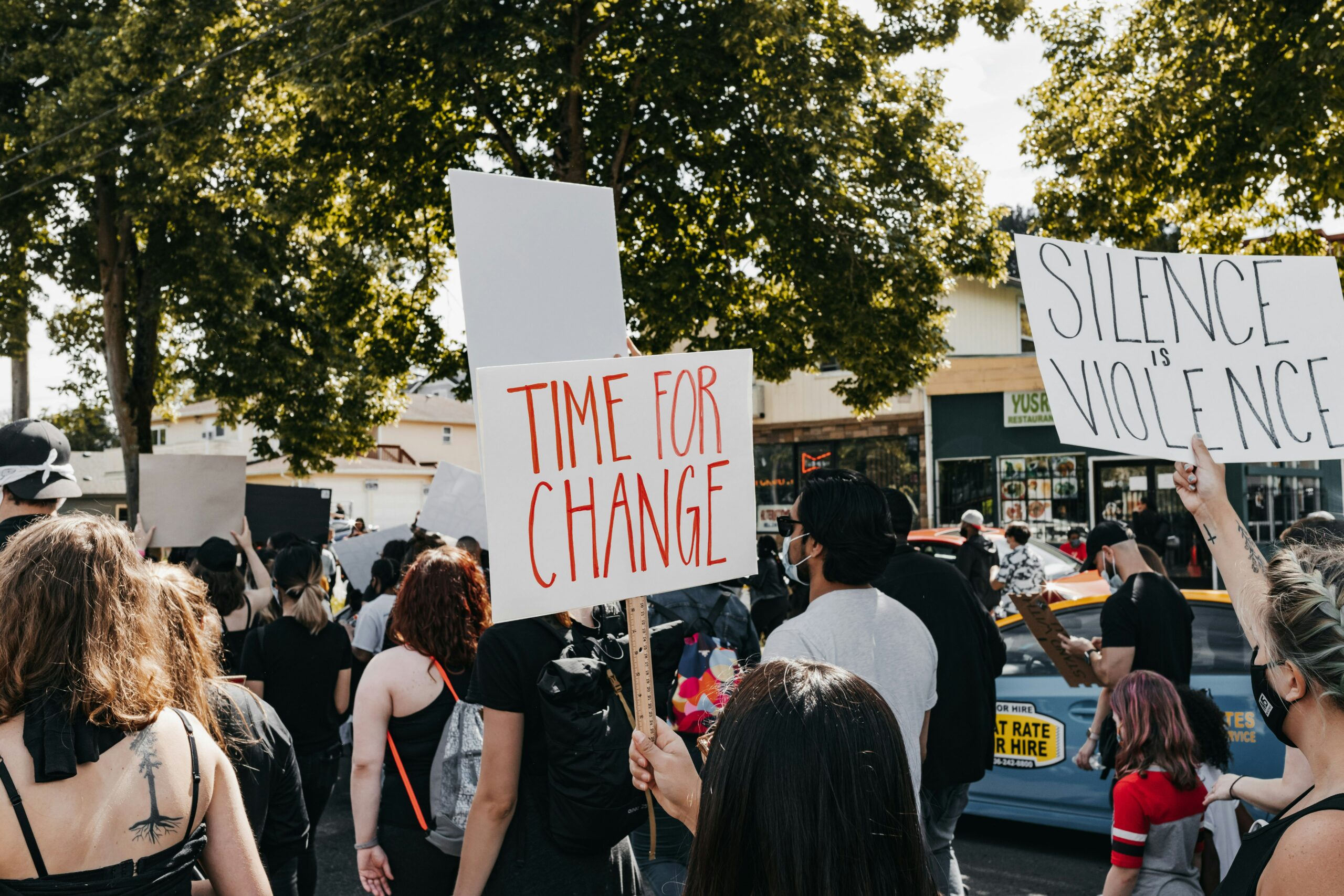State Domestic Terrorism Laws in the United States
A Growing Threat to First Amendment Rights
Published: September 2024
This report draws on a first of its kind ICNL database of state domestic terrorism statutes to warn about the chilling impact these laws can have for U.S. civil society and to provide key takeaways for policymakers at both the federal and state level.
There is no separate federal crime of “domestic terrorism”. Instead, the crime, where it exists, is a state offense. As of 2024, 32 states and Washington DC have a domestic terrorism law. Further, 21 states and DC criminalize assisting or supporting terrorism, while 25 states have a separate crime of terroristic threat. Most of these laws were enacted in the wake of the 9/11 terrorist attacks and were relatively rarely enforced. However, in recent years more states have enacted or strengthened these laws. They have also begun enforcing them in new ways.
In the last few years, authorities in Georgia, Oklahoma, New York, Louisiana, Florida, and elsewhere have used state domestic terrorism laws in the context of protests or activism. These laws, which have severe penalties, are often overbroad and vague. As such, they provide significant discretion to law enforcement that can be used to undermine the freedoms of speech, assembly, and association. Yet, lawmakers and others are only beginning to understand these dangers.

Visit our US Program page to learn more about this issue and explore additional resources.
Sign up for our newsletters
Sign up